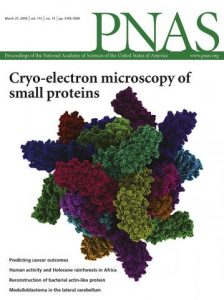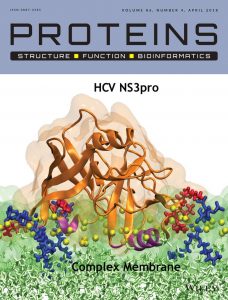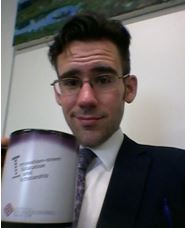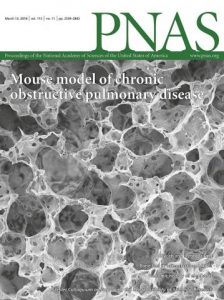 Title: Internet Blogs, Polar Bears, and Climate-Change Denial by Proxy
Title: Internet Blogs, Polar Bears, and Climate-Change Denial by Proxy
What Caught Our Attention: There’s a lot going on here, so bear with us. (Ba-dum-bum.)
First, there was the paper itself, co-authored by, among others, Michael Mann and Stephan Lewandowsky. Both names may be familiar to Retraction Watch readers. Mann is a prominent climate scientist who has sued the National Review for defamation. A study by Lewandowsky and colleagues of “the role of conspiracist ideation in climate denial” was the subject of several Retraction Watch posts when it was retracted and then republished in a different form. And the conclusion of the new paper, in Bioscience, seemed likely to draw the ire of many who objected to the earlier work: Continue reading Caught Our Notice: Climate change leads to more…neurosurgery for polar bears?






